
Iran's Nuclear Achievements Showcased
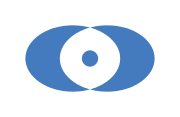
 President Hassan Rouhani (R) and AEOI Director Ali Akbar Salehi (C) unveil a high temperature condensate pump in a ceremony in Tehran on April 9 to mark the National Nuclear Technology Day.
President Hassan Rouhani (R) and AEOI Director Ali Akbar Salehi (C) unveil a high temperature condensate pump in a ceremony in Tehran on April 9 to mark the National Nuclear Technology Day.
Iran on Sunday celebrated the National Nuclear Technology Day with an exhibition of the latest accomplishments of the Atomic Energy Organization of Iran, which included devices jointly produced with international partners.
In a separate ceremony on Sunday, President Hassan Rouhani lifted the curtain on two nuclear-related products, a stone centrifuge and a high temperature condensate pump, his official website reported.
The machine is used for oilfield exploration and the pump will be deployed in Bushehr Nuclear Power Plant in southern Iran.
Three nuclear centers were also inaugurated by Rouhani through a video linkup: one for the production and development of nuclear medicine in Alborz Province; another designed to host industrial irradiation in Qazvin Province; and one for upgrading uranium ore in Yazd Province.
The president also visited the AEOI exhibition and was briefed by experts of Iran's atomic industry on their advancements.
Addressing the ceremony attended by high-ranking officials, military commanders and foreign ambassadors in Tehran, Rouhani said "very huge" progress was made in the last Iranian year (ended March 20, 2017) in the country's nuclear industry.
"Forty-two nuclear projects were completed [last year], five of which were showcased in this ceremony and the others are displayed in the exhibition," he said, adding that these achievements were not possible without "scientific and revolutionary" management.
The chief executive said Iranian people are benefiting from the work of their nuclear experts in various aspects of their lives, which proves that nuclear technology is a necessity for Iran and the nation has been right in not giving in to western pressure for abandoning nuclear activities and insisting on its atomic rights.
Iran and western powers were engaged in a nuclear dispute for over 12 years, with westerners accusing Tehran of trying to build nukes and the latter rejecting the accusations.
The row ended with the July 2015 nuclear deal championed by Rouhani, the first lead nuclear negotiators from 2003 to 2005.
It went into effect in January 2016 to remove international sanctions on Iran in exchange for temporary limits on Iran's nuclear work.
During the Rouhani administration's nuclear talks with major powers, which started in 2013, his domestic opponents criticized him for giving major concessions on Tehran's nuclear rights and its nuclear activities were to be severely limited.
Rouhani said the nuclear achievements displayed on Sunday were a proof that the government's path has been "the straightest, best and cheapest" way to uphold Iran's nuclear rights.
The president said the nuclear deal has allowed Iran to commercialize its nuclear industry and engage in nuclear trade with other countries, pointing to Iran's 2016 export of heavy water to US and Russia and various nuclear-related products to other countries, and its early February import of yellowcake from Russia.


Uzbek gold miner said to eye $20 billion value in dual listing

Peabody–Anglo $3.8B coal deal on the brink after mine fire
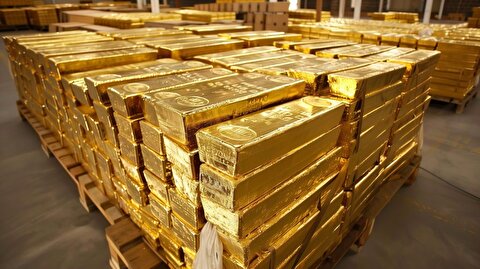
A global market based on gold bars shudders on tariff threat

Minera Alamos buys Equinox’s Nevada assets for $115M
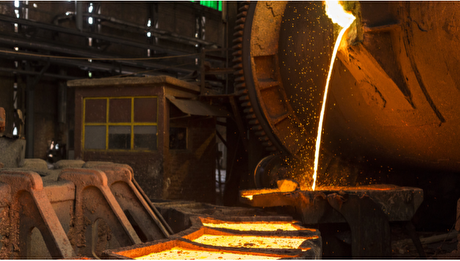
Adani’s new copper smelter in India applies to become LME-listed brand
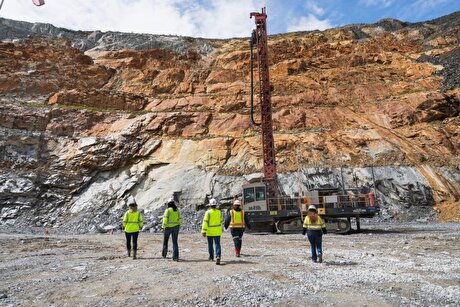
OceanaGold hits new high on strong Q2 results
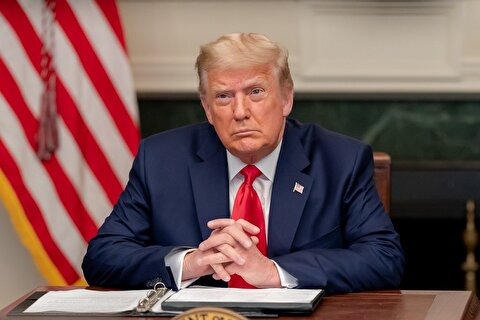
Trump says gold imports won’t be tariffed in reprieve for market
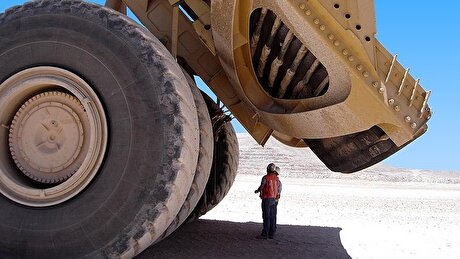
Cochilco maintains copper price forecast for 2025 and 2026
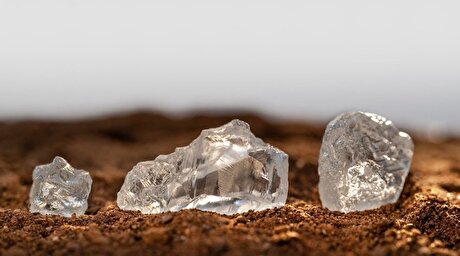
De Beers strikes first kimberlite field in 30 years
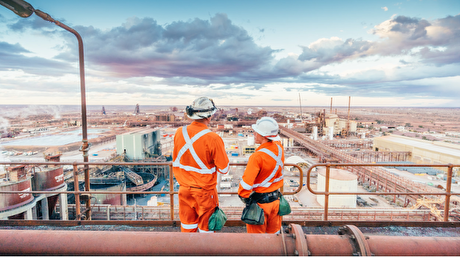
BHP shares near priciest valuation since 2021 on shift to miners
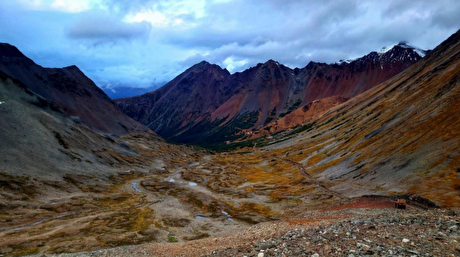
African Rainbow boosts Surge Copper stake to 19.9%
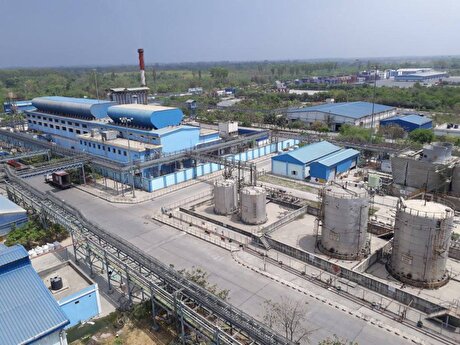
Hindustan Zinc to invest $438 million to build reprocessing plant
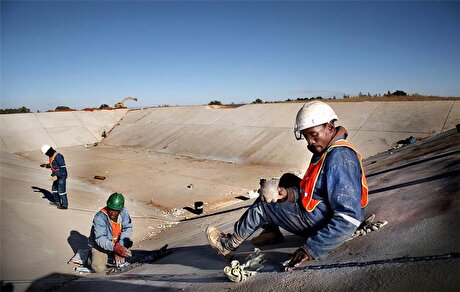
South Africa mining lobby gives draft law feedback with concerns
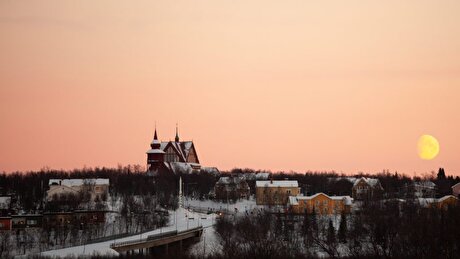
Wooden church sets off on slow Swedish road trip to escape mining subsidence
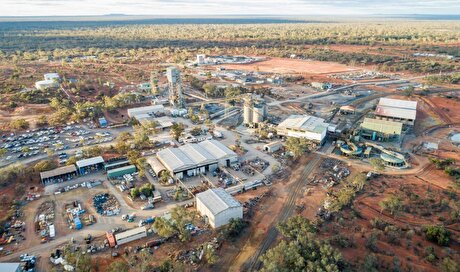
Harmony Gold’s MAC Copper takeover gets regulatory nod
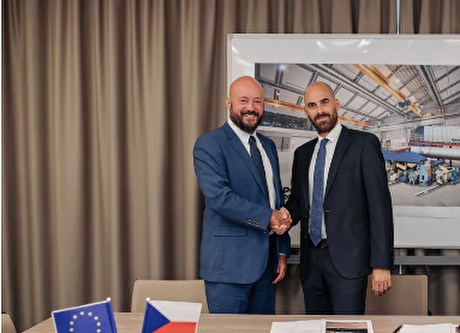
Povrly Copper Industries orders a breakdown rolling mill for high-quality copper, brass, and bronze strip production
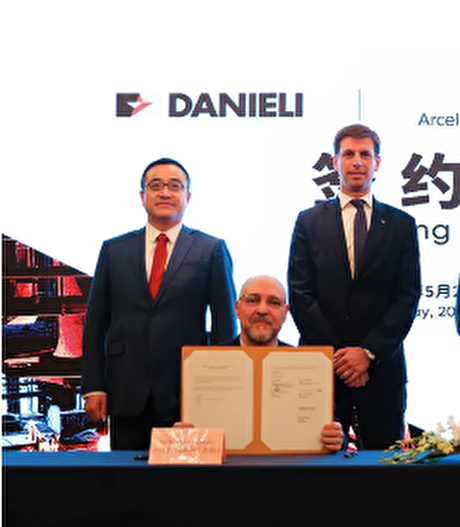
Advanced cold-rolled strip for China’s New Energy Vehicle market
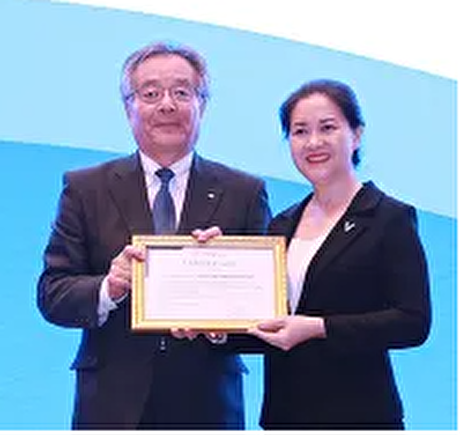
A Danieli greenfield project for competitive, quality rebar production
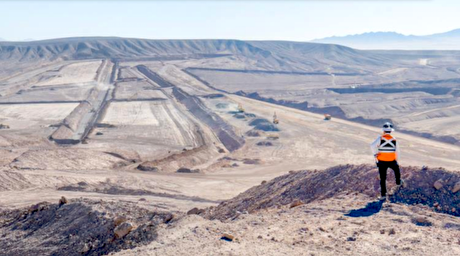
Antofagasta posts biggest profit margins since 2021

BHP shares near priciest valuation since 2021 on shift to miners

African Rainbow boosts Surge Copper stake to 19.9%

Hindustan Zinc to invest $438 million to build reprocessing plant

South Africa mining lobby gives draft law feedback with concerns

Wooden church sets off on slow Swedish road trip to escape mining subsidence

Harmony Gold’s MAC Copper takeover gets regulatory nod

Povrly Copper Industries orders a breakdown rolling mill for high-quality copper, brass, and bronze strip production

Advanced cold-rolled strip for China’s New Energy Vehicle market

A Danieli greenfield project for competitive, quality rebar production














